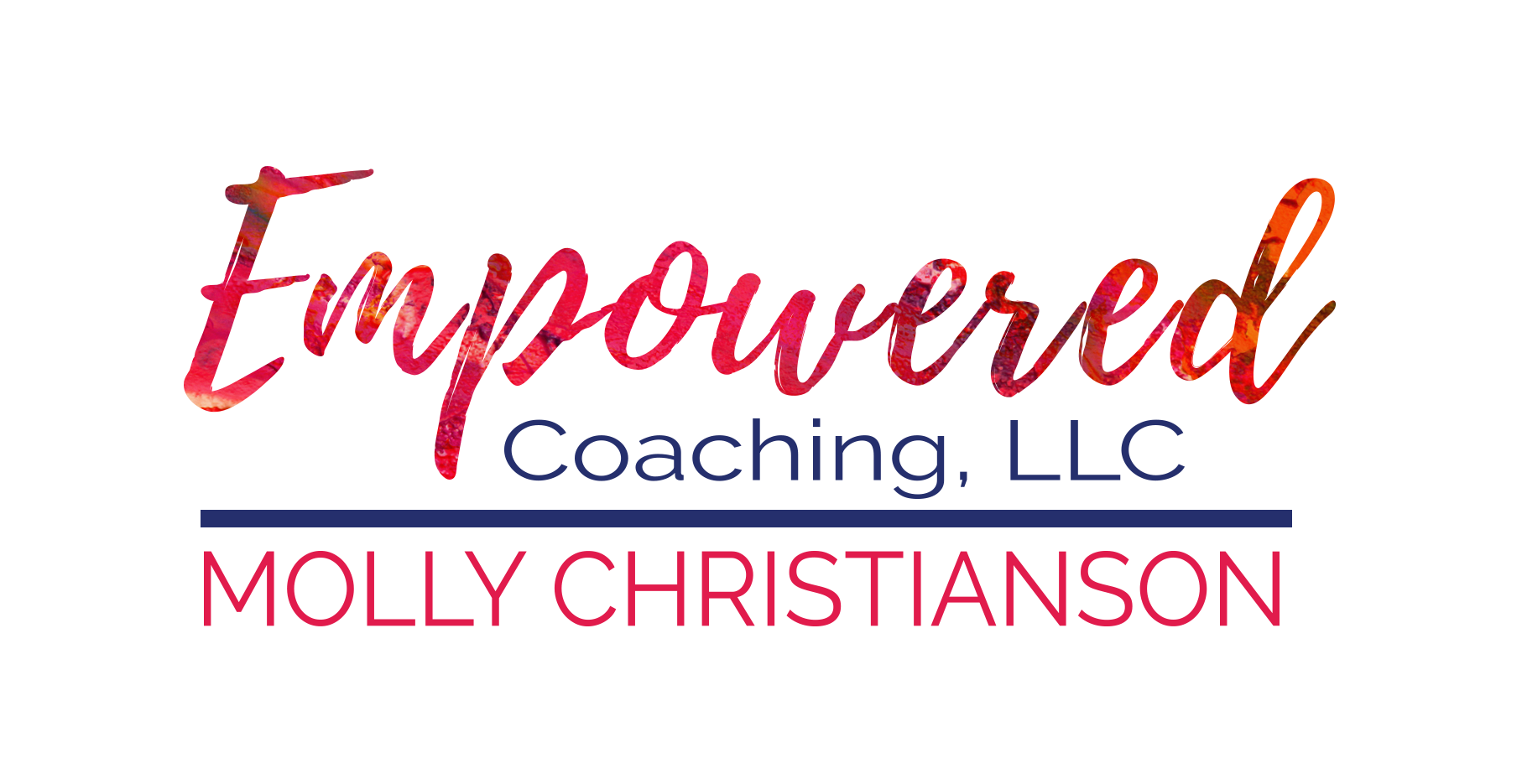The Leadership Ripple Effect: How Awareness Shapes Influence
Leadership is not about titles or authority; it’s about influence. Every interaction we have—whether in a meeting, a casual conversation, or even a quick email—creates a ripple effect. Our words, tone, and energy impact those around us, shaping their emotions, engagement, and even their performance. The question is: Are you aware of the influence you have?
Great leaders don’t just manage tasks; they manage emotions—both their own and those of others. They inspire confidence, foster trust, and create an environment where people feel valued. But this level of leadership doesn’t happen by accident. It requires awareness, intentionality, and action.
The Cost of Unawareness
Without emotional awareness, leaders can unintentionally create disengagement, stress, and even resentment in their teams. Consider these common scenarios:
A leader who dismisses concerns as “not a big deal” may unknowingly erode trust.
A manager who delivers feedback without empathy might discourage rather than motivate.
A leader absorbed in their own pressures may miss signs of burnout in their team.
The consequences? Higher turnover, lower productivity, and a culture where people feel unheard. But the good news is that awareness can change everything.
Moving from Awareness to Action
Emotional intelligence isn’t developed by simply reading about it—it’s built through intentional practice. As one of my coaching clients recently told me, “The impact of coaching has been immediate—others are noticing.”
Here are a few practical strategies to strengthen your awareness and influence:
Check Your Emotional Wake After every interaction, ask yourself: What kind of energy did I leave behind? Was it motivating, reassuring, or discouraging? The more you reflect, the more intentional you become about your impact.
Listen Beyond Words Pay attention to nonverbal cues—tone of voice, facial expressions, body language. People don’t always say what they feel, but they always show it.
Ask for Feedback (and Mean It) A simple question like “What’s it like to be led by me?” can open the door to valuable insights. Be ready to listen without defensiveness and act on what you hear.
Lead with Empathy Before reacting, pause. Ask yourself, What might this person be experiencing? A moment of empathy can shift a conversation from conflict to connection.
Model Self-Care Your team watches how you manage stress and balance priorities. If you’re constantly burned out, they’ll assume that’s the expectation. Lead by example—prioritize well-being for yourself and your team.
Influence That Lasts
The best leaders don’t just inspire in the moment; they leave a lasting impact. By being aware of how you affect others and taking intentional steps to lead with emotional intelligence, you build a culture of trust, resilience, and excellence.
Leadership is a daily practice, not a one-time lesson. The more you act with awareness, the more powerful your influence becomes.
What’s one small step you can take today to increase your awareness and impact? Let’s start the ripple effect together.

